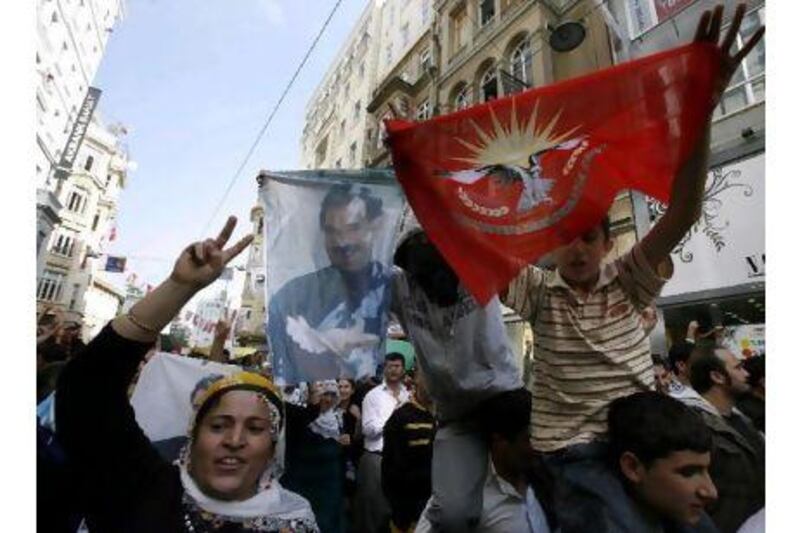The news article Netanyahu faces increased pressure (March 9) reported on Israel's increased international isolation due to uprisings in the Middle East and strains with Europe and the US. The chance for peace was squandered by the prime minister Benjamin Netanyahu and Israeli's hardliners and now the chance to avert war will be as well.
Mr Netayahu will propose half-measures that satisfy no one. His thinking is that he can forestall the inevitable problems. He is not in control of the future anymore. He cannot control anything now. The problems are directly related to Israel's own behaviour. It believes and has always believed that it can use force to impose its own solutions in place of working to negotiate, cooperate and build trust between itself and its neighbours.
Israel has now totally isolated itself in the world and even the US will be hard pressed to support its position.
The US president Barack Obama traded away his last bit of global and Arab credit with his veto on the UN resolution condemning Israeli settlements.
Hizbollah sits prepared to redouble its efforts anew. Hamas will attempt to re-arm with a more porous Rafah border crossing. The writing is already on the wall.
I have watched this conflict for nearly 60 years. I don't have much confidence things will improve and Israel's claim that it has a right to defend itself is going to fall on deaf ears when the next conflict begins. Defence does not cover the right to abuse power.
It does not mean you have a right to do whatever you like. Power comes with responsibility. That responsibility does not give you the right to impose by force whatever conditions you deem favourable to yourself, while being draconian to those you oppose.
Peter Wedlund, US
Improve children's reading habits
In reference to the front page news article Academics worry over youth reading skills (March 11), it is quite shocking to learn about the extremely poor reading habits of the people in the Middle East. While it is a fact that people spend time watching TV or socialising on the internet, the loss they are suffering on account of not having time to read books is immeasurable. It is most important for children to read.
Reading is the basic foundation upon which all academic skills are built. Most of the subjects that are taught in schools require students to read, analyse and understand many complex concepts. Ideas rule the world. Reading significantly develops the language skills which is so important for the dissemination of ideas.
If parents don't have time to read, they can at least inculcate the habit of reading in their children which will definitely go a long way in making them more successful in life.
Muneer Ahmad, Abu Dhabi
Cultural exchange for a new age
The news article Women relish religious exchange (March 13) reported on a month-long cultural exchange programme in Britain involving 51 Emirati students,. The programme was sponsored by the Al Maktoum Institute.
The overall awareness of university students in the UAE about other cultures and religions is surprisingly low, with a lot of wrong notions. This is the general impression that I have got thanks to my interactions with them over the last three years.
In discussion, students asked me whether I worshiped cows. That was big shock for me. I told them that I was not a Hindu. They could not accept that I am a Christian, more specifically a Syrian Christian.
I explained that the early form of Hinduism of the Vedic period was based on worshipping nature. Like the camel in the Arab world, the cow was very important for Indians.
In the wider sense, for Hindus, God is everywhere, with no specific form or shape.
Most of the students have not heard about Buddhism or the teachings of Confucius. This will have a very negative impact in an age of globalisation and multicultural societies.
Openness and free interactions with various faiths and cultures must be developed at the university level.
The students who have participated in cultural exchange programmes can be assigned to interact with the rest of the students to develop a general awareness. The vision and efforts of the Al Maktoum Institute in this regard are commendable.
Dr Raju M Mathew, Al Ain
PKK 'still strong among Kurds'
The article Kurdish singer changes his tune (March 13) reported that Sivan Perwer has moved away from the rebel Kurdistan Workers Party (PKK). A few singers and intellectuals do not represent the entire Kurdish people. The PKK always stood up for Kurdish rights. If it were not for the PKK, Turkey would not have Kurdish TV.
Dario Roco, UK





